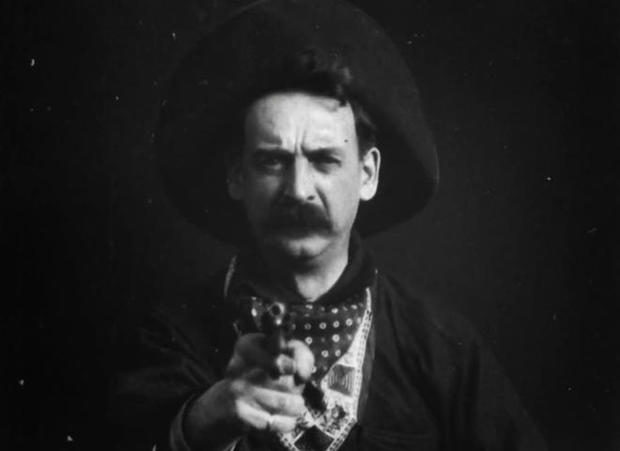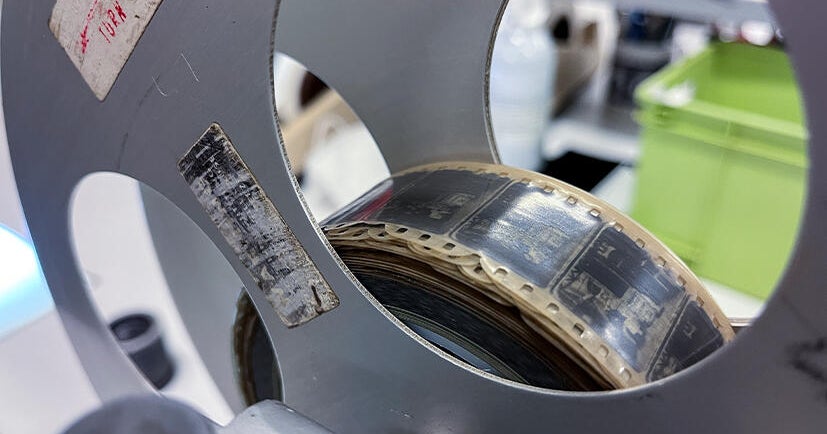Library of Congress launches online National Screening Room
With a collection of more than 1.6 million items, the Library of Congress is the world's largest repository of moving images. But beyond storing and cataloging precious films from the earliest days of motion picture photography, the Library is now making hundreds of its digitized treasures more easily accessible to the public, with the launch of its online National Screening Room.
The Library announced Wednesday that hundreds of films (many of which are in the public domain) will be freely available on its website. The films cover more than a century of cinema, from 1890 through 1999, and include fiction and non-fiction.
New content will be added to the National Screening Room's playlist each month. For starters, it is featuring 281 titles. (While some rights owners have granted permission to the Library to stream their films, public domain titles may be streamed or downloaded.)
"The goal of this digital project is to present the public with a broad range of historical and cultural audio-visual materials that will enrich education, scholarship and lifelong learning," said curator Mike Mashon, head of the Moving Image Section of the Library.
Among the items on tap:
- Landmarks in narrative cinema, such as "The Great Train Robbery";
- Views of San Francisco in 1906, before and after the devastating earthquake and fire that destroyed much of the city;
- More than a hundred titles from the Library's Paper Prints Collection, among them several short films directed by D. W. Griffith, such as "A Corner in Wheat" (1909);
- Nearly three-dozen episodes of the "All-American News" newsreels made specifically for an African-American audience between 1942-1945;
- Home movies of George and Ira Gershwin, filmed between 1928–1939, offering a rare look at the brothers at work and socializing with noted figures of the time, including Judy Garland, Sid Luft and Arthur Freed, and footage of Fred Astaire on a studio sound stage – not to mention a child's birthday party for young Liza Minnelli, who was Ira Gershwin's goddaughter;
- A selection of commercials, from a c. 1910 advertisement for corsets (in which two tykes fight over their mum's underwear), to the infamous, fear-mongering "Daisy" TV ad, run against Barry Goldwater during the 1964 presidential campaign;
- A selection of education films on mental health from the 1950s, such as "Angry Boy"; and
- Prominent titles named to the Library's National Film Registry, such as Ida Lupino's noir thriller "The Hitch-Hiker," and "Duck and Cover," which helpfully shows children how to respond to a nuclear attack.
There is also newsreel and actuality footage of such figures such as Presidents William McKinley and Theodore Roosevelt, Frank Sinatra, and Adam Clayton Powell.
The National Screening Room will also create educator lesson plans on significant historical and social topics, from the Harlem Renaissance and Dust Bowl, to segregation, science, wars and women's history.




